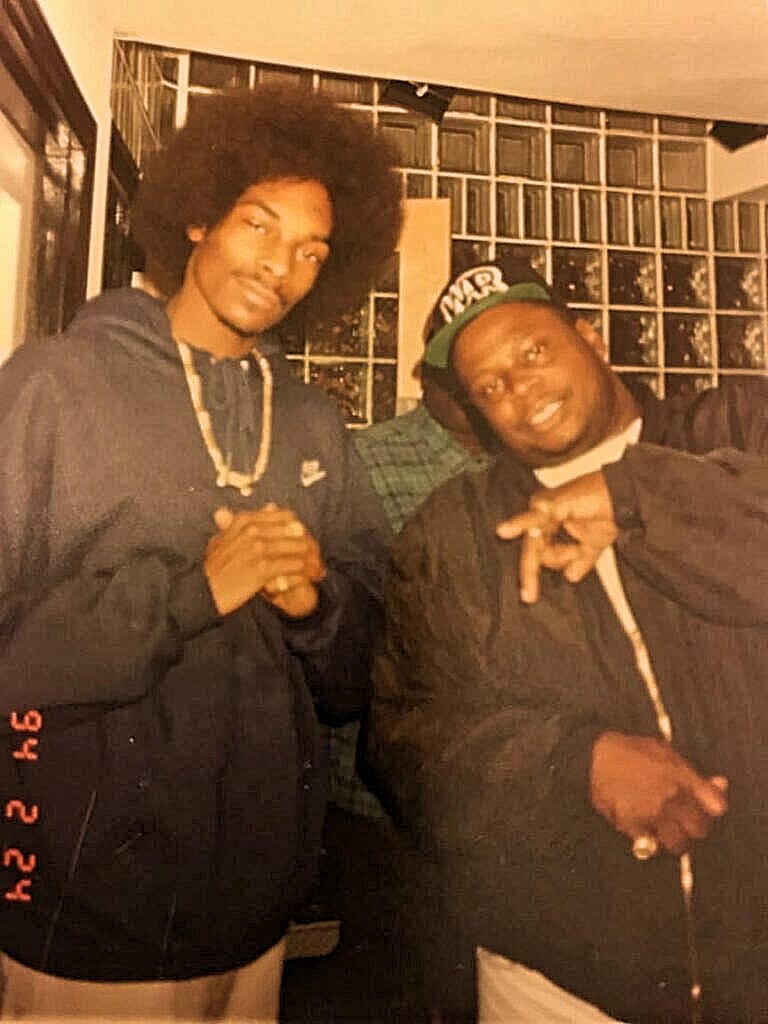
*special thank you to Dominic Riggio (Mess Bucket Comics) for introducing me to Tony Green*
Detroit, Michigan! A surfeit of wonderful characters and talented musicians regularly emanate from this city like mystical vapors, spreading transformable currents of raw talent, tendrils of undulating electricity, that levitate the membrane with a new form of sentience.
Case in point: Detroit bass legend Edward Anthony Green.
Also known as Tony Green, T-Money Green, TMoneyG, T-Green, T. Green, etc. Born and raised and holding it down for the city, Tony has been playing the bass with his distinct tone and timbre for over five decades. His style is immediately recognizable and has been influential on a global scale.

An oft unacknowledged musical prodigy, Tony toured with soul R&B group The Dramatics for two decades, then worked with Pfunk’s George Clinton, then shot out to the West Coast to help create the G-Funk sound by working with Dr. Dre, Snoop Dogg, and Death Row Records in the early to mid 90’s.
Tony is a producer and ASCAP award-winning composer. In addition to playing with countless fellow high-level musicians over the years, he has created community by introducing many musicians to each other. The scope and depth of his true-life story has been largely unacknowledged until recently when Detroit author Jackie Wallace wrote a book about his life called Behind The Wall.
https://www.instagram.com/p/B71B_sYHYbY/
At this exact moment, I’m sitting inside Tony’s living room at 7 Mile and Livernois on Detroit’s Upper Westside. Present are Dr. Gail Soo Hoo (the Flute Doctor), Tony’s brother Will, and Zeus, the popcorn-eating Presa Canario puppy.
Tony has a gold record on the wall, an upside-down bass in his hand, and that exciting glint one gets when pulling out the treasure map to a constellation of thoroughly fascinating life stories.
Alright, all you boppers out there in the big city with an ear for the action. Sit back, relax, and listen to these tales true and gems uncut from Detroit’s own Tony Green.

Dialogue from Tony:
Tony Green: The Early Years

“First off, everyone check out the new book Behind the Wall. It’s about my life and was written by my friend Jackie Wallace in Detroit. She’s the mom of JonPaul Wallace (Detroit singer) and Rocky Wallace (Detroit model & singer).”
“Jackie is a great friend, and we covered a lot in the book but there are still so many aspects to my hustle.”

“You know how many great musicians and performers have been in this house (Monica Street, Detroit), man? Ron Banks, the lead singer of The Dramatics, sat right there about 50 years ago, and asked my mama if I could go on the road with them. And before that we had tons of great jazz players over here. A lot of me has never been publicly explained but that’s about to change right now. Let’s get into it.”
“I was born September 22nd, 1956, at Selfridge Air National Guard Base in Harrison Township, Michigan. My grandparents were from Calhoun, Mississippi. My biological parents were Rene Shaw and Roy Edward Green. My dad Roy was in the US Air Force in Vietnam (1965-75) and received two Bronze Stars for bravery.”
“Growing up, all my toys were tents, canteens, all army-type stuff. He lived in Roseville but also stayed in Los Angeles and San Antonio when he was home on leave, so when I spent time with him in the summers, we were in all those cities. He unfortunately died at the young age of 42 from the lingering effects of Agent Orange. His wife, my stepmom Ruth, used to torture me emotionally & physically.”
“My biological mom Rene was a pro bowler. She had over 100 trophies. She bowled at the Bowl-O-Drome (Dexter ave, Detroit), W-Y 7 bowling alley (Wyoming ave, Detroit), Thunderbowl (Allen Park; world’s largest bowling alley), Garden Bowl (Woodward ave, Detroit; world’s oldest bowling alley), all over the place, even out of state. I remember as a kid we sometimes used to take the little guy off the top of the trophies and put him on a necklace chain. I love bowling, my mom and I used to play on leagues together.”
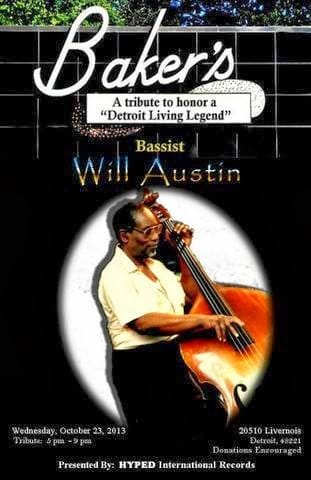
“I lived with my mom Rene and my stepdad William Austin. We originally lived at Elmhurst St and Dexter Ave in Detroit. Then in 1964, we moved here to 7 Mile and Livernois, which was a predominantly Jewish neighborhood at the time. Growing up, all my friends were Jewish. I went to Pasteur Elementary (19811 Stoepel St), Hampton Junior High (3900 Pickford st) and Mumford High School (17525 Wyoming ave).”
“But it was here in this house, man, that my love for music happened. I grew up hearing so much great jazz music live at the house and down the street at Baker’s Keyboard Lounge (Detroit; world’s oldest jazz club) that I almost feel guilty that other people didn’t get to experience that growing up.”

“It was an amazing group of jazz musicians here at our house. Sonny Stitt, Lionel Hampton, Esther Philips, Gloria Lynn, Jack McDuff, Earl Klugh, Yusef Lateef, Spanky Wilson, the female pianist Terry Pollard, Marcus Belgrave, Wendell Harrison, etc, all used to play downstairs jam sessions here in the basement. It was typically before a set they would be playing at Baker’s or they’d be in town for the weekend and drop by. We used to have BBQ cookouts eating my stepdad’s BBQ and my mom’s famous mac and cheese. Had the hi-fi going in the living room. Used to have a piano in the basement (my 5yr old brother Ricky would play; also my other brother Will Austin III plays guitar). Nobody was drinking alcohol, just playing jazz music. Man, those were the days.”
“My stepdad Will was a phenomenal jazz bassist. William Austin was originally from St. Louis and was self-taught on the bass. He toured with Barry Harris, Sonny Stitt, played a residency with Yusef Lateef at Klein’s Showbar (8540 12th st, Detroit). Eventually, most of the Detroit guys left for New York to work, so my stepdad, who was in the military, played bass in the US Air Force Band.”
“William Austin (February 22, 1932 – April 28, 2020). RIP. Until we meet again.”
“Other than the music, the family, and the great food, we didn’t have shit growing up. My Grandma would put a quilt around a rock and we’d play catch with it. That’s the kind of toys we had. Poverty in one regard, but rich in another. Rich in spirit and laughter and the memories.”
“My mom and her six sisters raised us. A lot of my influences came from home, my aunts, and my first cousin Felix Washington who later played in the band Bostonian with me. But lemme tell you. Growing up in Detroit in the 1960’s and 70’s was the bomb! I love music. We grew up listening to the Rolling Stones, The Beatles, Motown. It was a great city to grow up in, safe to walk around, no cellphones.”
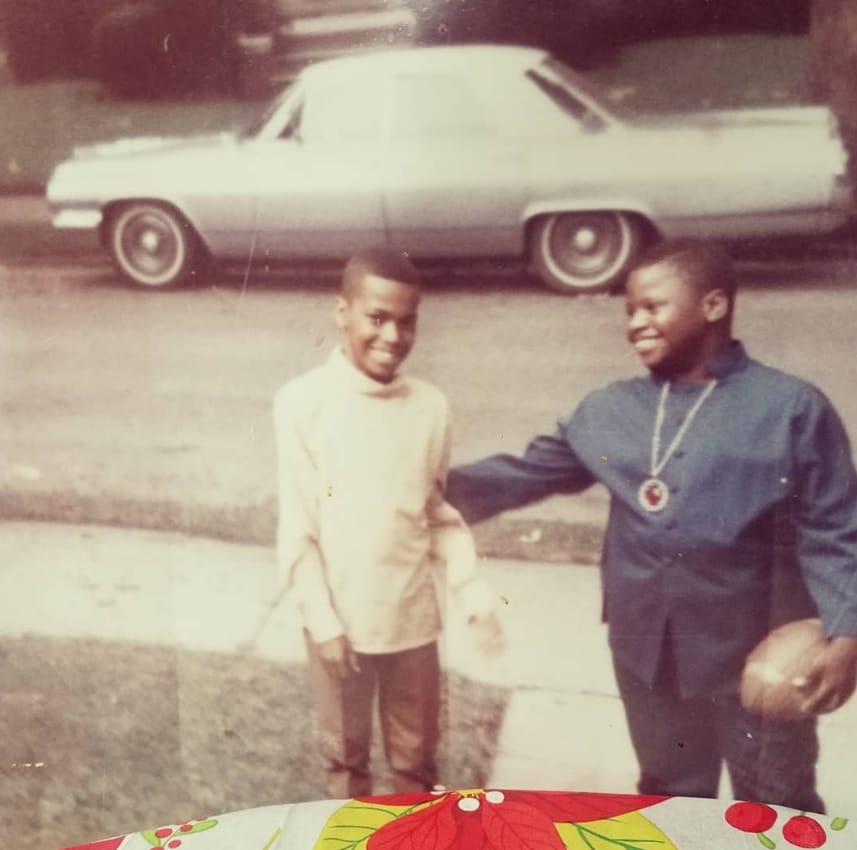
“Marvin Gaye lived on our corner (3067 W. Outer Drive, Detroit) and he used to throw the football to us. Real cool dude. Originally, Berry Gordy the guy who ran Motown Records, had bought the house for his sister Anna Gordy who was married to Marvin. They did the photos for the What’s Going On Album (1971) in the backyard. One of Marvin’s good friends, Lem Barney, the Detroit Lions football player, used to be over there at his house all the time hanging out.”
“Marvin lived next door to The Temptations road manager (19371 Monica St, Detroit) he’d let us sneak downstairs to look at the famous 5-mike microphone stand and the Temptations uniforms.”

Tony Green becomes a Bass Prodigy
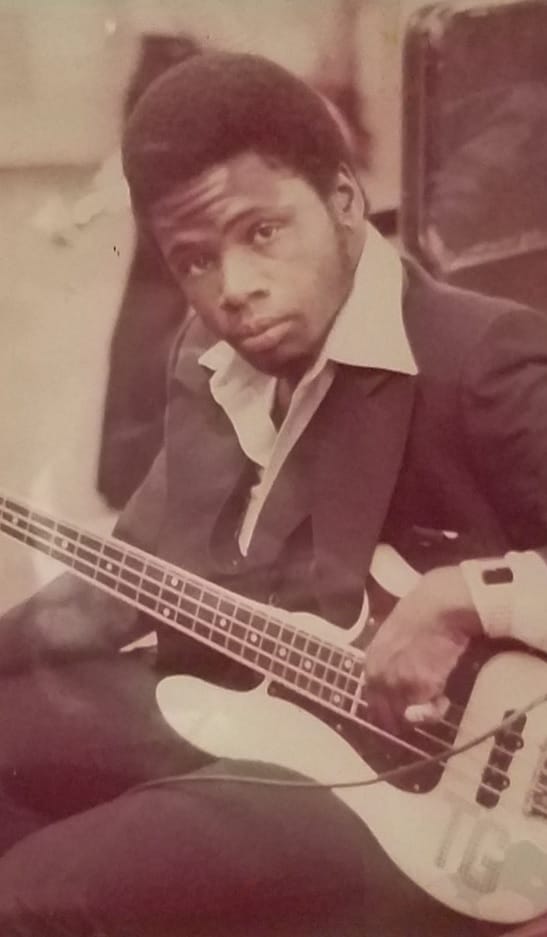
“It all started when I went to a talent show at Mumford High School in 1969-70. The very talented Reggie McBride played there, he went on to play with Elton John and a bunch of people. Gene Dunlap was on drums. Amazing the amount of talent from Detroit. The Clark Sisters. James Jamerson Jr was at Mumford but barely showed up. Anyway, when I saw Reggie kick out the jams on the bass, I knew I wanted to be a bass player.”
“My first bass was a Fender, like Jimi Hendrix. I got another Teisco bass from Federals department store (8 Mile and Dequindre, Detroit) when I was 14 years old. I play the bass upside down. My E string is at the bottom. And those old Fender basses are heavy. Later, my bass was a Spector and much lighter.”
“I don’t have any particular brand affinity. I’ll play any bass. I’ve always taken whatever bass I have to Tim Flaharty who used to run Music Castle (Woodward and 13 Mile, Royal Oak), now I take it to his house.”
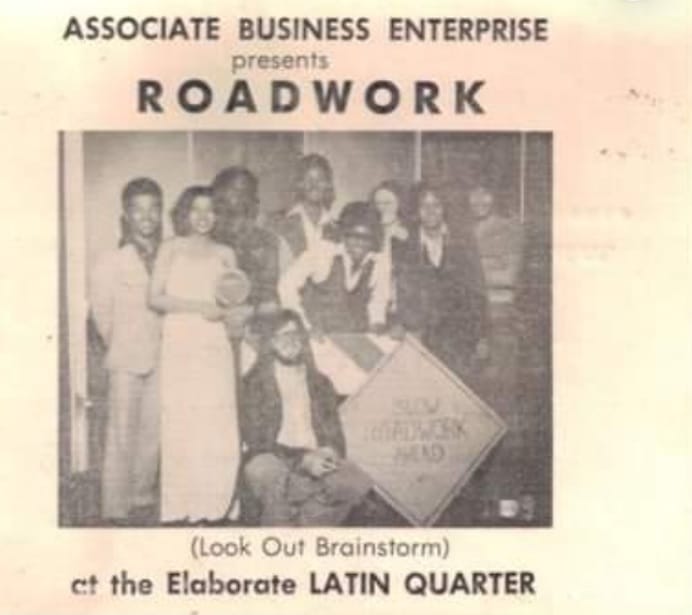
“In 1971, I started playing in bands at 15 years old. My first band was Funk Enterprise, which was a mix of black and white guys, we would play hall parties.”
“Then I played in Eternity. My friend Greg Phillinganes played the keyboards and the moog in Eternity. He later worked with Stevie Wonder, Lionel Ritche, Eric Clapton, Phil Collins, he was Michael Jackson’s musical director. Eternity also featured Kerry Campbell (sax), Sidney Chaney (drums), Greg King (trumpet) and Larry King (sax).”
“I kept getting kicked out of bands because I didn’t have equipment. My uncle eventually co-signed for me to get an amp for my bass.”

“Then I started a band called Roadwork, which exists to this day. Our original lineup was Corey Heath (Drums), Dwayne Nunn (organ), Roc Williams (guitar), Robin Harriston and Brenda Joy (singers), Farley on trumpet, Lenny on sax, and yours truly on bass. The promoter Greg Willingham helped us book shows. He ran a company called Showbiz Kids, they booked teen gigs.”
“Back then, my bands played at The Sentinel (2211 E. Jefferson, Detroit), the Latin Quarter, upstairs at Chin Tiki’s (2121 Cass ave, Detroit), Ethel’s Lounge (7341 Mack ave, Detroit), various VFW halls and high schools, etc.”
17-year-old Tony Green joins The Dramatics
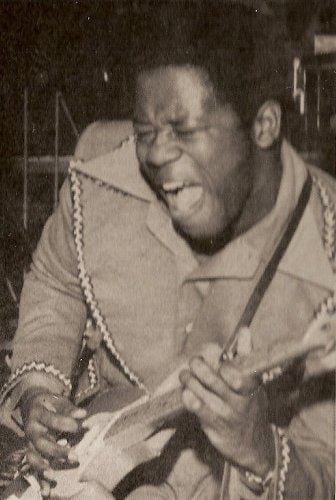
“In 1974, my band Roadwork was playing Club Ocies (Fenkell and Cherrylawn, Detroit) when I got discovered by The Dramatics lead singers LJ Reynolds and Ron Banks. The club was a gangster-style club owned by a guy named Flukey Stokes, who also owned a poolhall down the street. I used to sell Ron weed and eventually he found out my bass abilities and they hired me on the spot.”
“When I first met him, Ron Banks lived at Plainview and McNichols. Later he moved to a house by the Detroit Zoo. He went to Northern High School and originally wanted to be a baseball player.”
“I toured with The Dramatics from 1975-1992. From the ballads through the disco era. It was one helluva ride!”
“When I first joined, we used to play the 20 Grand Club (5020 14th st, Detroit) a lot. My first out of state show was the Circle Star Theatre in San Carlos, California, near San Francisco.”
“We had a 50-seat Trailways bus and would play for thousands of people nightly. Man, it was wild.”
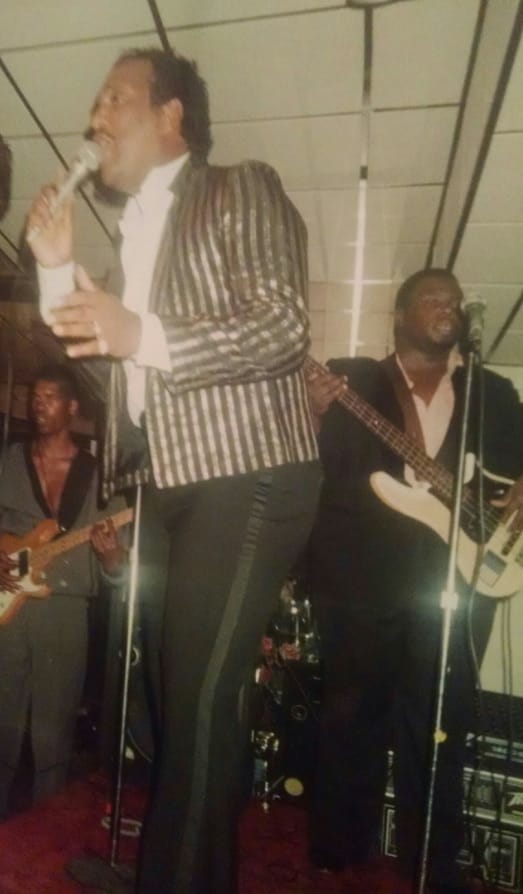
“In 1978, I helped The Dramatics write their only gold record, Do What You Want To Do. I wrote four songs on there.”
“Then Ron Banks and George Clinton (Parliament Funkadelic) and I co-wrote ‘One of Those Funk Thangs’, which was featured on Parliament’s Motor Booty Affair album. It went on to become one of the most sampled songs in hip-hop history.”
“A guy named Armen Boladian (Bridgeport Music) the so-called “sample troll” supposedly owns most of the copyrights to George Clinton’s songs, including that one.”
“The story is that George later signed the rights away to most of his catalog in 1983 to Bridgeport but who knows what happened.”

“From 1980-81, I was also doing stuff with a soul R&B group called Five Special. Me, Ron Banks, Darnell Kimbrough and Baby Ray Johnson put the whole process together.”
“The band was Bryan Banks (Ron’s brother), Steve Boyd, Greg Finley, Steve Harris, and Mike Petillo. These guys could sing. Me, Ron and Baby Ray Johnson (who went to Mumford with me) wrote Why Leave Us Alone. Together we three had a great chemistry for writing. I played bass, Ron sang, and Ray played the piano.”
“In 1980, I had formed a group that featured me, my first cousin Felix Washington (piano), and our friend Doug Poisson (drums and financier). We recorded a song called Keep the Groove. I named our group Bostonian. The band name came after the track was laid down.”
“We recorded that bad boy at United Sound Studios (5840 2nd Ave, Detroit), then made 600 records of it at Archer Recording Pressing Plant (7401 E. Davison, Detroit). A few decades later, that track became a major collector’s item and the centerpiece of Clap City Records (Clapton, East London, England).”
“1983, I recorded a track called When the Cat’s Away with a group called Five O’Clock. My cousin Felix had a groove, I wrote the words.”
“We went to a club called the Blue Chip Lounge (13301 W. McNichols, Detroit) and a group was singing there. They were good but had never recorded anything. So we did and A & B side single and before that we did Watch for the Morning.”
“In the 1980’s, I married Simone English (Bowden), a Detroit photographer. We moved out to Hollywood Hills, California. She was originally Ron Banks’ girl, but she liked me more.”
“In 1985, I started Hyped International Records, a label which continues to this day.”
“That same year, 1985, Ron Banks and I were freebasing (smoking cocaine) at my apartment Vista del Mar (2071 Vista Del Mar st, Unit # 6, Los Angeles, CA). Suddenly, he started acting real weird. I opened a bottle of water for him and he looked at it and muttered ‘I can’t let you kill me like that’. I said ‘What are you talking bout Ron? You just saw me open a brand new bottle’. He got all weirded out and just walked out of the apartment. Bout 15 minutes later he comes back all bloodied. The front of him was shredded, there was blood everywhere, all over my gray carpet, it looked like a murder scene.”
“Apparently, he had scaled a barbed wire fence. He had to get 182 stitches. He almost died in my kitchen. I remember the ambulance tech said five minutes more, he would of bled out because he had severed a major artery.”

“Not long after that, I had a heart attack. I was 29 years old. My enzyme levels were through the roof, they said I needed a triple bypass. While I was in the hospital, Ben Crosby, our manager and the owner of Ben’s Hi Chapparal Club (6683 Gratiot, Detroit), flew out to LA and unexpectedly visited me. He was like an angel at the hospital. You never know who your angels are gonna be.”
“While at the hospital, I wrote a song called I Love The Lord. I taught it to The Dramatics band, and we played it the week after in Toronto and got a standing ovation for it. I eventually recorded it with Huriah Boynton. Later, LJ Reynolds covered it on his gospel album.”
“So, yeah, eventually, I had to quit The Dramatics, man. All the cocaine flowing around everywhere all the time just got to be too crazy. Sugar Bear (Willie Ford) and everyone just getting too tore up and not playing enough music. So, in 1988 I moved back to Detroit for a couple years.”
Tony Green links up with Dr. Dre, Snoop Dogg, and Death Row Records

“In 1993, I was managing David Ruffin Jr. (D-Ruff). David is the son of The Temptations singer David Ruffin, who had recently passed away inside a West Philly crackhouse. I wanted to help out my man, so I hooked him up with opening for The Dramatics.”
“So, we’re out in California doing a show and a female fan sees us perform and invites us to come back out to LA soon. She lived in Los Angeles and claimed to know where all the new rappers hung out, some guys named Dr. Dre. Snoop Dogg and Warren G. She said we should drive out and she’d take us there.”
“So, in February 1993, D-Ruff (David Ruffin Jr.) and I drove out there. Our bright green beater ’72 Impala broke down in Arizona. On the way driving out to California, we listened to a cassette tape of Dr. Dre’s The Chronic for about 17 hours straight, kept flipping sides in the tape deck over and over.”
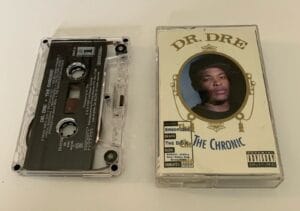
“True to her word, the female fan took us to Glam Slam West (333 S. Boylston St, Los Angeles), a nightclub owned by Prince. While we’re in there, sure enough, D-Ruff notices all the rappers.”
“David goes over and introduces himself, then me, and we meet Snoop Dogg, Warren G, and The D.O. C. All the guys were real cool and they told me that Dr. Dre was looking for a bassist.”

“About a week later, Dr. Dre and I connected and met in the studio. Fortunately, when we met Dre, we took our lady’s brand new ’93 Benz to the meeting. Turned out that Dre had the exact same one but a convertible. Had we taken our beater, we wouldn’t have gotten the gig.”
“We met at The Village recording studio (1616 Butler ave, Los Angeles, CA) where Dre had recorded The Chronic in April 1992.”
“He wanted to know how I good I was, so I played about 20 different bass lines in two minutes to his song ‘Nuthin’ but a G Thang’ and he just went wild and offered to hire me at $700/wk to play bass and D-ruff at $250/wk to sing. Every Friday I would get a check from him.”
“Dre would be drumming, he’d give me his drumbeats and I had to layer them with my bass lines. We did this at The Village recording studio.”
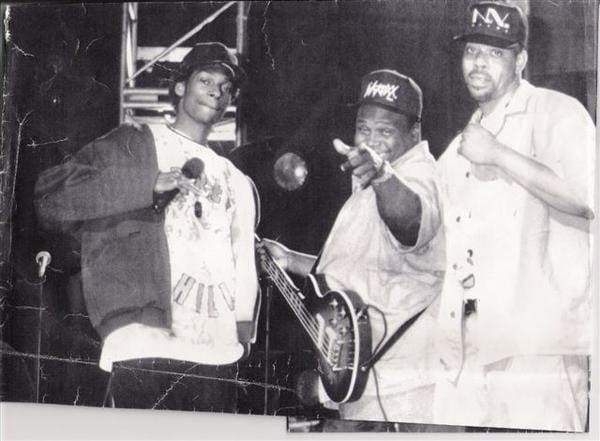
“I became the band director and bass player for Death Row Records. I did the bass on Snoop Dogg’s Doggystyle album and tons of songs.”
“I created the ‘Gin and Juice’ bassline for Snoop right on the spot.”
“The Doggystyle album was recorded at multiple studios: Larrabee West (8811 Santa Monica Blvd, West Hollywood), Larrabee North (4162 Lankershim blvd, North Hollywood), The Enterprise studio (4620 W. Magnolia, Burbank), and the Village and possibly others.”
“To finish the album, we all stayed in the Larrabee North studio the last 48 hours straight for a marathon session. We ate good, laughed a lot and pushed through. When that album came out, it was the first debut release to enter the Billboard charts at # 1. The album release party was in November ’93 on a 165-foot yacht in Marina del Ray. I decided not to go, which turned out to be a good idea, because it got chaotic.”
“I also played bass on some tracks for DJ Quik. We recorded those at Skip Saylor’s Studio in Los Angeles.”

“At one point, Dre had on ankle tether and couldn’t leave his house, so we partied over there a lot. His house was in a beautiful gated sub called Mountain View Estates in Calabasas, California.”
“We recorded there too, he had an SSL 24-track mixing board and full in-house studio. Wild parties nonstop, lots of weed smoking, I’d be cooking shrimp on the grill. Warren G and his uncle Wron G were also real cool and would be hanging around but Warren, although he was Dre’s stepbrother, was signed with Def Jam not Death Row.”
“I hooked Death Row up with a lot of talented people. My wife Simone became the official Death Row photographer.”
“Dre needed a guitarist, so I introduced him to Detroit guitarist, Ricky Rouse. Back in the 60’s, a young 7-year-old Ricky played guitar while 11-year-old Stevie Wonder played piano, the guy is an incredibly talented guitarist. He had also done some disco songs with Bohannon. Ricky went to Norhern High School in Detroit but dropped out in ’72 to tour with Undisputed Truth.”
“Eventually, Snoop found out I had been in The Dramatics and wanted to meet them, so I made it happen, which helped reignite the career of The Dramatics.”
“On the spot, I called LJ Reynolds for Snoop. LJ answers saying ‘Mr. Green, I heard you hit the big time’ and I handed Snoop the phone, Snoop says ‘Is this really LJ Reynolds? Can you sing Key to the World?’ so LJ busted it out and Snoop went wild.”
“This led to them collaborating on the song Doggy Dogg World on Snoop’s album Doggystyle. The music video for that was fun as hell, too. We had all the Blaxploitation stars there: Pam Grier, Rudy Ray Moore, Ron O’Neal, Fred Williamson, and Huggy Bear and Rerun (Fred Berry) from Soul Train.”

“And here’s a fun fact for you: Snoop Dogg’s dad, Vernell Varnado, was my mailman in Detroit! For years, he used to bring me my ASCAP royalty checks.”
“In 1985, Snoop lived here in Detroit with his dad (11398 Whitehill St, Detroit) and Snoop worked at the McDonald’s on Greenfield and 8 Mile.”
“Dr. Dre had never met George Clinton. So one day, George was in Studio B at The Village, and Dre wanted to meet him. I told him I knew George like a father and Dre seemed skeptical, so I walked down there and peeked in the room. As soon as he sees me, George says ‘I knew somebody had permission to be funkin’ like that!’. I tell him about Dre, George asked me “they got anything down there?” (drugs). I say no. George had mostly been living at his farm in the Irish Hills (Brooklyn, Michigan) smoking crack in a house owned by Armen the sample troll. So, I walked George down the hallway and hooked up Mr. Parliament Funkadelic himself with Dr. Dre and the rest is history.”

“In 1994, I produced two songs on the Above the Rim soundtrack. It was the track CPO’s Just So Ya No. The co-producer on it was Carl “Butch” Small. The other one was Mi Monie Rite by Lord G. Butch’s son DJ Los did the beat for Lord G. Butch was another Detroit guy I brought to Death Row. Butch was a master percussionist with The Dramatics.”
“Overall, I mean Dr. Dre is a genius. You have got to give the dude credit for that. Because of him, I played bass on the Arsenio Hall Show, MTV, Saturday Night Live, the Magic Johnson Show, etc. Also, every single record that Dre has done has gone either gold or platinum. Eminem, who Dre sponsored and nurtured, has gone Diamond six times, making Eminem the number one most awarded musician for singles in RIAA history.”
“My bass is on Gin and Juice, the Regulate G-Funk Mix, California Love, Murder Was the Case, the Dogg Pound, Lady of Rage’s Afro Puff, and a lot more man.”
“I also played the bass for Shaquille O’Neal’s single Biological Didn’t Bother (Remix) that was produced by Warren G.”

“In 1995, I played the bass on Coolio’s song Rollin with the Homies. It was featured on the soundtrack to Clueless.”
“Coolio was a cool dude. RIP. Another one gone too soon.”
“We did Da Five Footaz-Walk Away. It was on the Jason’s Lyric soundtrack.”
“As for 2Pac, I never actually met 2Pac but my basslines are on California Love.”
“However, I did meet Biggie Smalls (the Notorious BIG) once. It was about 1995, I met Biggie at DTW (the Detroit Airport). He was a big and tall dude. Real cool guy, we talked about the music industry and Detroit. Biggie loved Detroit (‘my Detroit players’).”

“At one point, I was in Kingston, Jamaica helping the billionaire Josef Bogdanovich produce reggae artists like Lady Saw. Joe is a reggae fanatic who runs a company called DownSound Entertainment. His grandparents were Croatian immigrants who founded StarKist Tuna.”
“Joe is also an executive producer who also helped save Reggae Sumfest, the largest reggae event in the Caribbean.”
https://www.facebook.com/NanciFletchersongstress/videos/snoop-dogg-94-snl-performance-wme-nate-dogg-snoop-dogg-snl-performance-94-wnate-/162606329098310/?_rdr
“After Death Row, I went on tour with my man Warren G from 1996-98. Warren is another great guy. He and Snoop and Nate Dogg are from Long Beach. We used to record at Warren’s house sometimes in Lakewood, just outside Long Beach. He started his own label, G-Funk Records, that was distributed by Def Jam.”
“When I went on tour with him, we did the Spring Break parties in Lake Havasu, then went on an overseas tour. Germany, Switzerland, France, went to the top of the Eiffel Tower. My favorite was Japan. I had gone there twice with The Dramatics, then came back with Warren G. He was huge in London, and we did the MTV ‘Live in London’ show.”
“At the Billboard Music Awards, me, Warren G and Nate Dogg had “Big Mike” as a security guard. He later became an actor. His real name was Michael Clarke Duncan. He was in the Green Mile, Slammin Salmon, Armageddon, etc.”
“Big Mike had been working for Vassal Benford, a Detroit keyboard player who moved to LA in the late 80’s. Unfortunately, Big Mike is gone now. RIP.”
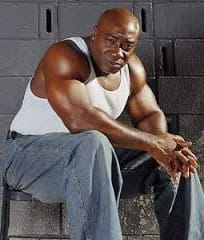
“Warren’s manager was his uncle, Wrong G (Ron Griffin). Wron G was 6’4” tall former special ops US Marine Corps soldier and the real deal. He never took off his sunglasses and he wore a long coat like Shaft.”
“Couple years ago, in 2020, Snoop Dogg came to Detroit. Where T Green at? We went and hung out with him at the Fillmore (2115 Woodward Ave, Detroit) for a few hours after the show. We all smoked blunts and talked about the good old days. A video of him and I singing there went viral on Instagram.”
“Yep, our music has rattled a lot of trunks over the years, man. Rattled a lot of skulls and bank accounts, too.”
The Detroit Legacy

“I came back to Detroit. Started laying down some tracks at a favorite studio of mine, Sound Suite Studios (14750 Puritan ave) which had been open since 1975. It closed around 2000. We had also recorded the Five Special album here. I did a lot of recording here over the years.”
“I signed a deal with Bellmark Records to produce my album Organized Kaos Hour 1. It’s a series that I’m still working on.”
“I played bass for two tracks on Robbie Robertson’s album Music for the Native Americans.”
“Around about 1995 or so, I let Sick Notes (Dewitt and Pep) record at Sound Suite. They ended up writing two songs for Eminem.”

“In 2001, we did an album with Westbound Records called Hyped Up Westbound Soljaz. It was for Pfunk and George Clinton. The Westbound label was started in 1968 by Armen Boladian. There was another album called The Streetz are Paved with Green that I cut for Westbound but it was never released.”
“Also in 2001-2002, I was in the Eminem movie 8 Mile but unfortunately my scene got cut.”
“I played bass for Detroit rapper Big Herk’s Rock Bottom crew.”
“The Detroit rapper Mersiless Amir is featured on my new album along with several other amazing artists.”
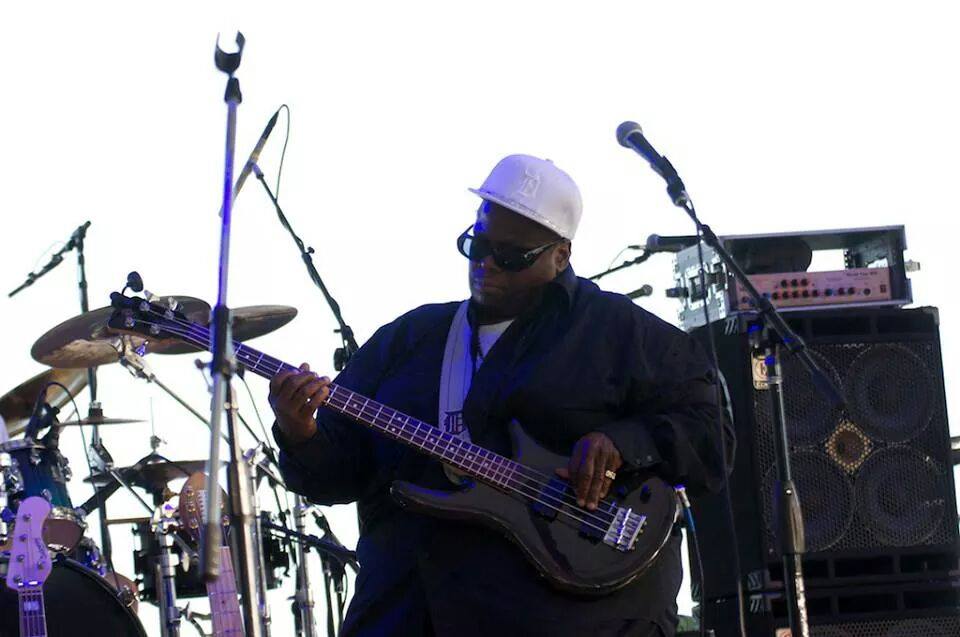
“Then in 2010, I met the yin to my yang. Dr. Gail Soo Hoo, aka: the Flute Doctor. She had been first chair at Northwestern High School, which is saying something because several phenomenal musicians came outta there, including Ray Parker Jr. (1971 grad; he did the Ghostbusters theme song).”
“2016, we did Slight Return (Mark Kassa’s band) with George Clinton.”
“I used to record at Studio A (5619 N. Beech Daly, Dearborn Heights) when my engineer Steve Capp was there. Now he’s over at 54 Sound recording studio (Ferndale) so I’m over there now. 54 Sound is owned by a great guy named Joel Martin. Eminem and The Bass Brothers also record there.”
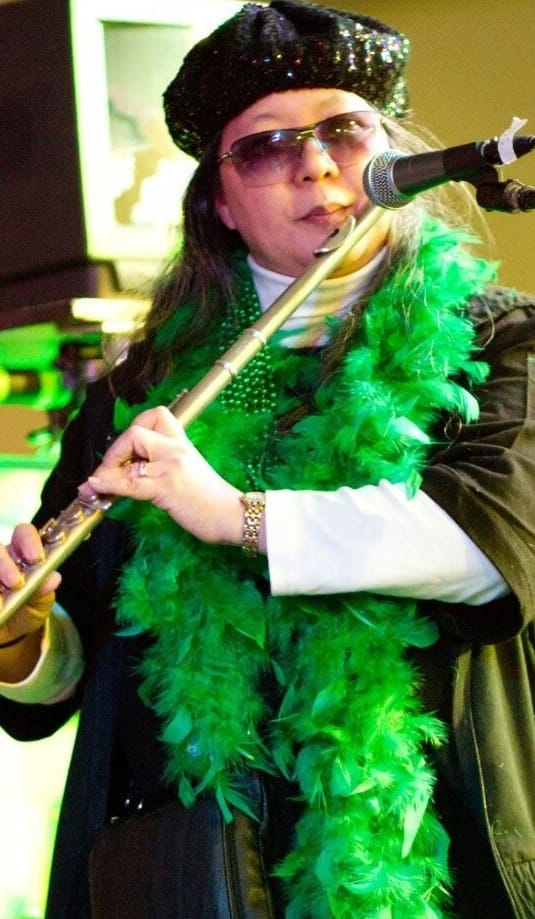
Tony Green The Man

“Some bands and musicians I’m a fan of are Jimi Hendrix (purple haze, changes), Chick Corea, Elton John, Grand Funk Railroad, Graham Central Station, WDRQ radio, etc. I love Anita Baker’s album Rapture. I love Chris Squire’s bass talents on Roundabout by Yes.”
“Some of my personal favorite bass players are Larry Graham, Stanley Clarke, Victor Wooten, and the Detroit bassists James Jamerson (my all-time fav), “Fast Eddie” Watkins Jr (he got started on The Temptations 1973 album Masterpiece), Ralphe Armstrong, and Lamont Johnson.”
“I was recently featured in the book Titans of Bass. I had the podcast Bass in Your Face.”
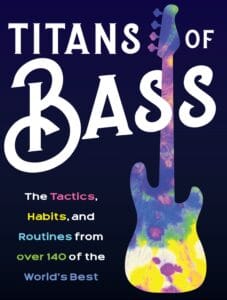
“My partner McKayla Prew (talented new singer) and I run Hyped Up Live Sessions, which is a monthly livestream music jam that we record live at my studio inside the Russell Industrial Center (1600 Clay St, Detroit).”
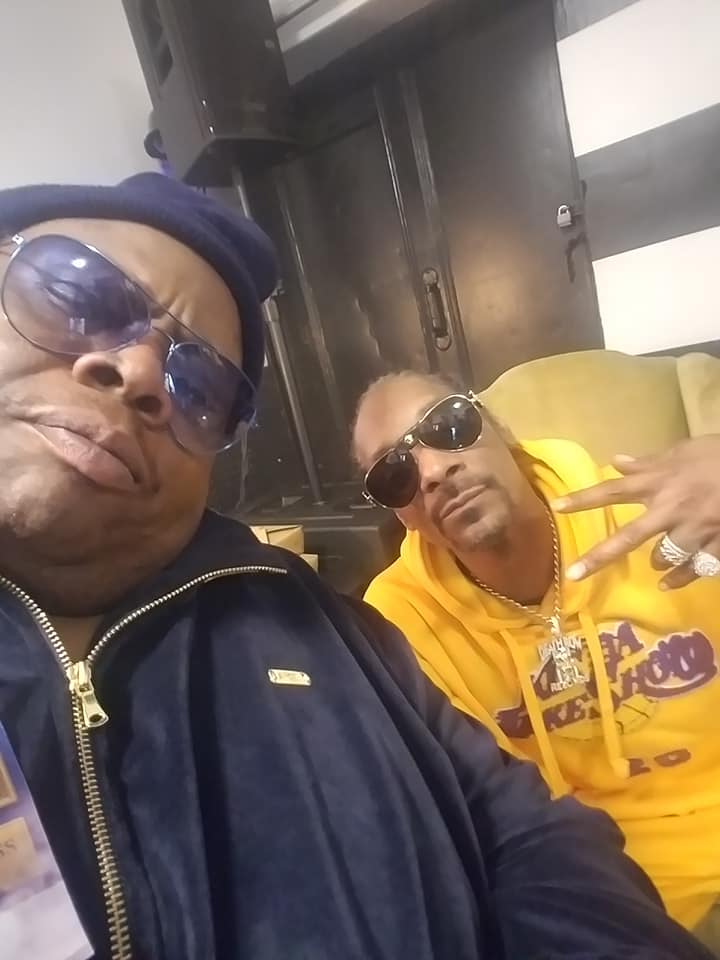
“The Dramatics singer LJ Reynolds is still alive. We still talk and collaborate regularly. LJ rehearses every Wednesday in my studio at the Russell.”
“Right now, I have what I call The Vault, which is a collection of over 2,000 songs (including 200 reel-to-reel masters) that I’ve created in my lifetime. Some of these are on my new album Organized Kaos Hour 3, check it out.”
“I’m actively working on a follow-up book about my life, which is being written by Detroit author Jenn Goeddeke.”
“As for the bass? Why is the bass important? Well, many great groups are driven by the bass and drums. A good bass player will let the song breathe and flex. And you got to have stage presence, meaning make your lives performances interesting, don’t just sit there staring down at your shoes.”
“My advice to young aspiring musicians is to keep in mind that most of the music industry is about who you know. So get out there, network, make connections, and always try to help other people. But just remember to give proper credit where credit is due. And don’t listen to your friends, just keep playing the music you like and honing your talent every single day. And above all, never wish you were somebody else. Always stay true to you internally eternally.”
Contact Tony Green
Email:
Cellphone:
(313) 595-2625 (text first, please don’t call)
Tony Green Facebook
https://www.facebook.com/tmoneygreen
Tony Green Instagram
https://www.instagram.com/tonygreen731gmail.com_/
Tony Green Music Credits
https://www.discogs.com/artist/205403-Tony-Green-2?type=Credits&filter_anv=0
https://rateyourmusic.com/artist/tony_green_f1/credits/
Tony Green on Classmates
https://www.classmates.com/siteui/people/edward-green/8681175744
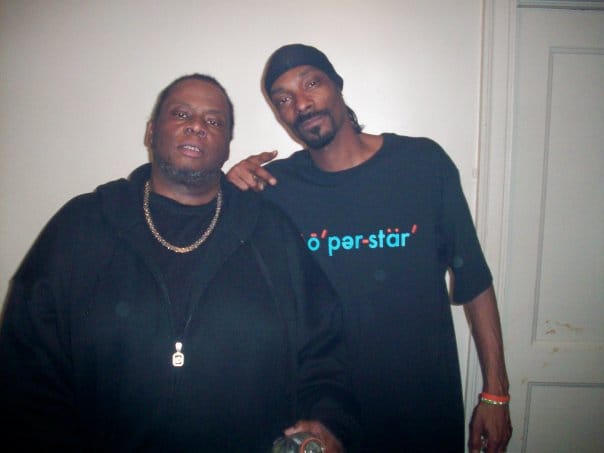






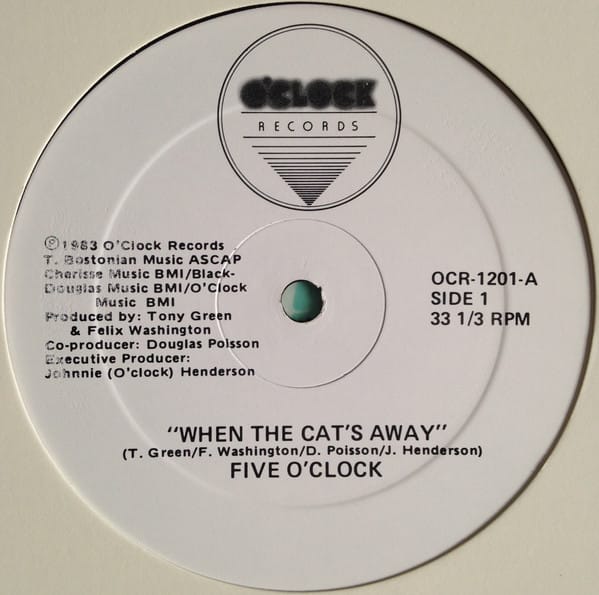

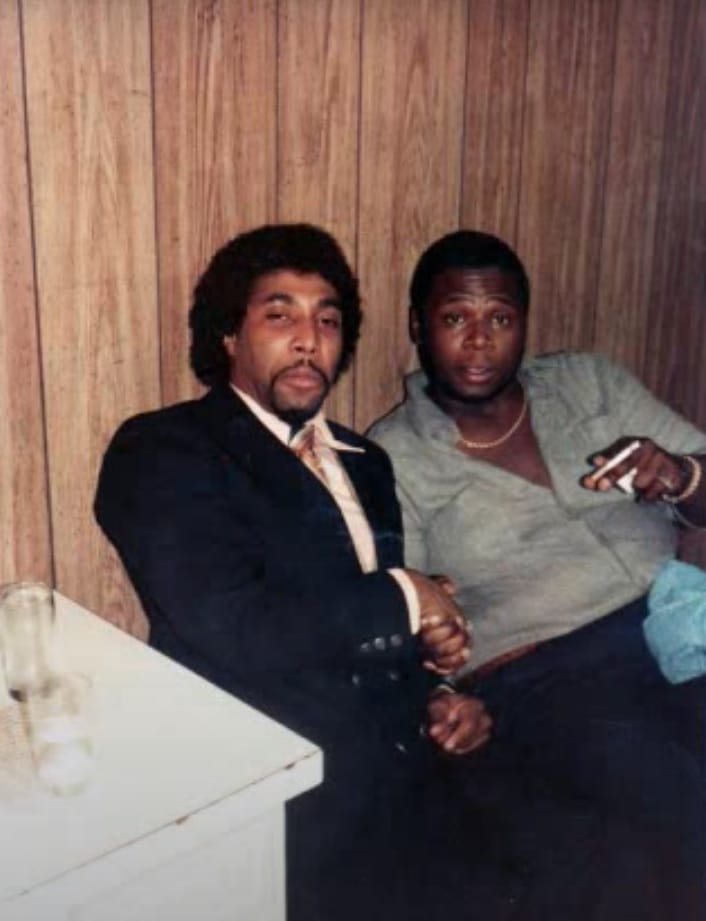



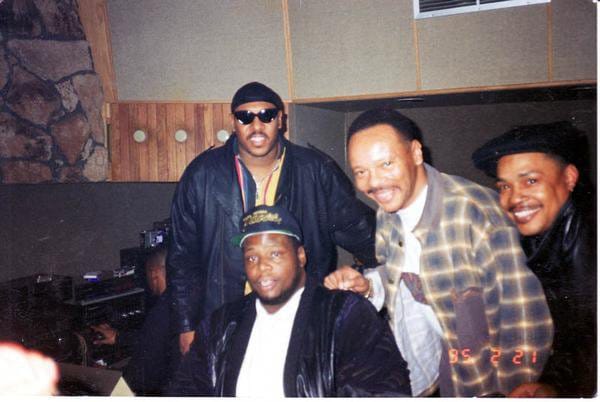


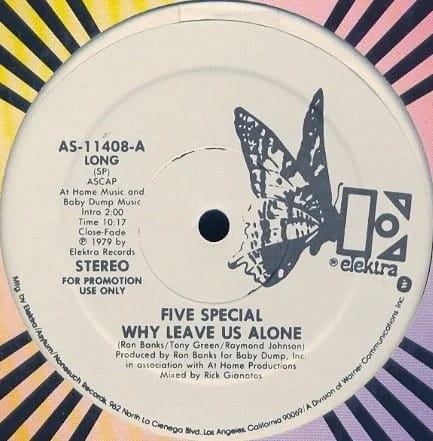

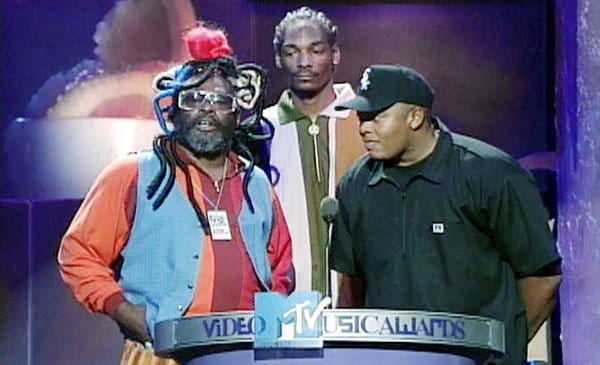
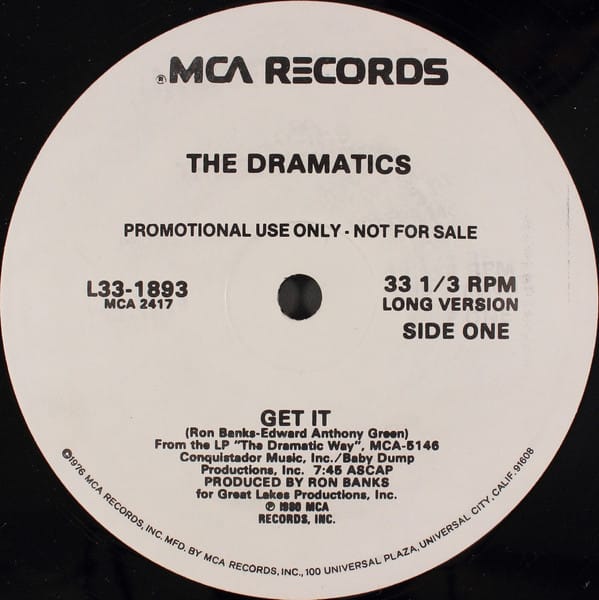
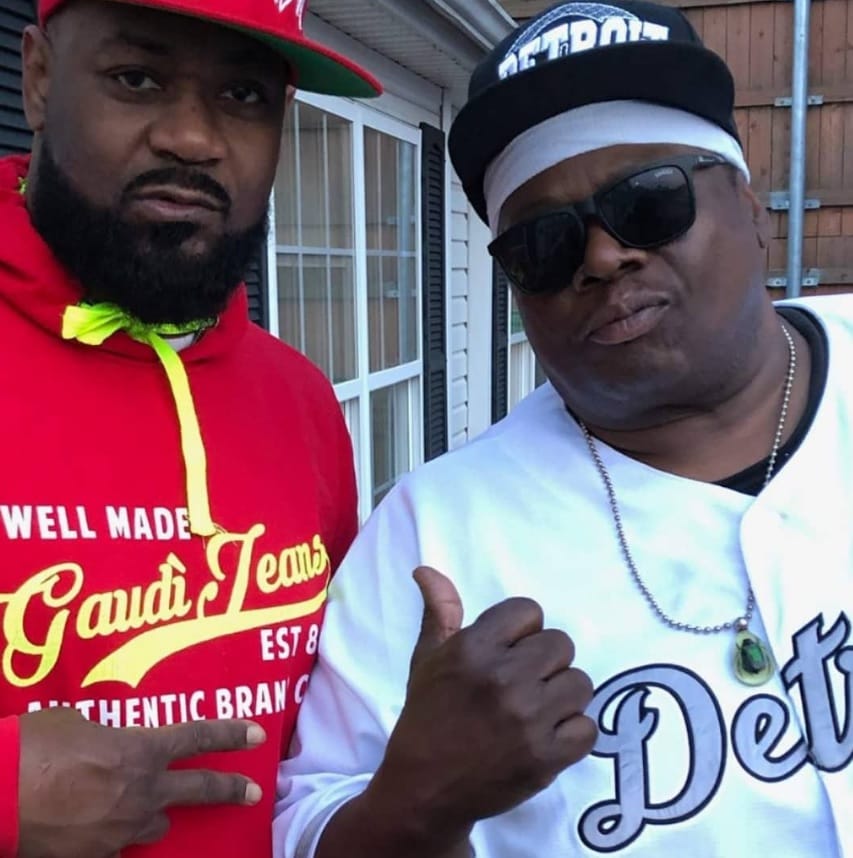
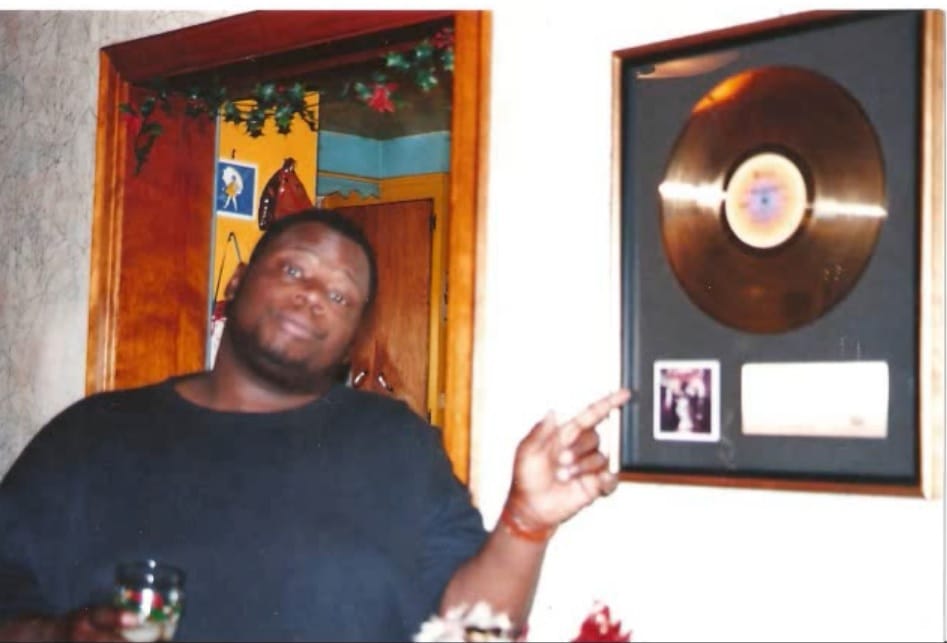

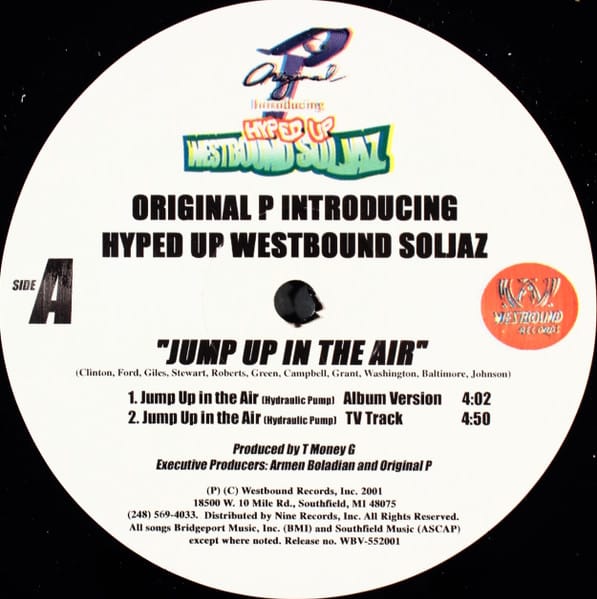
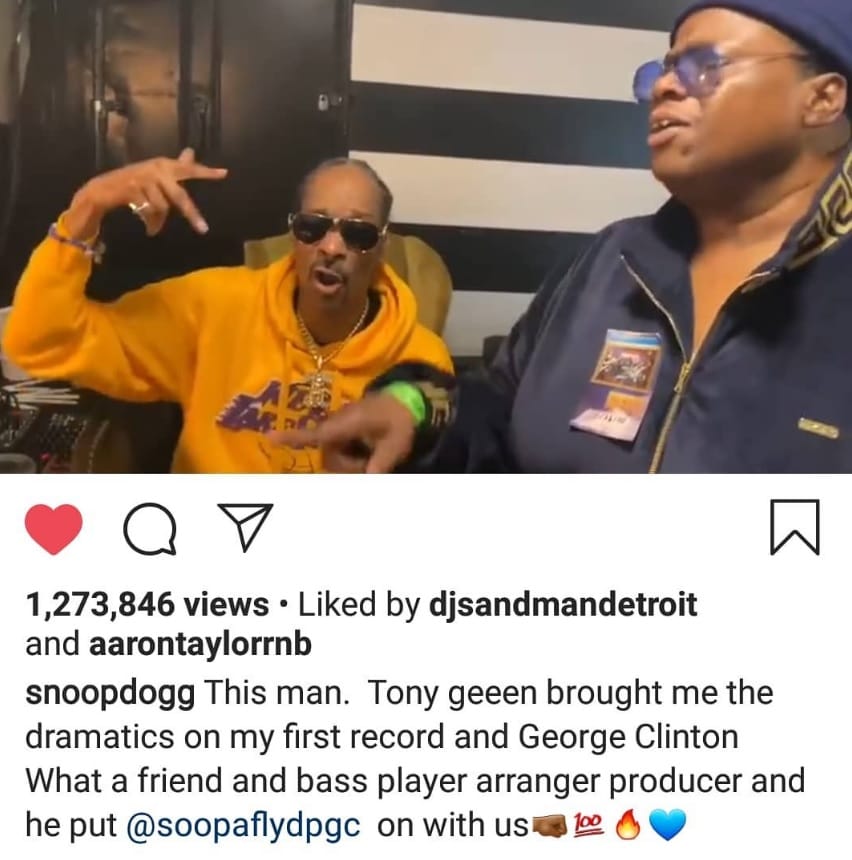


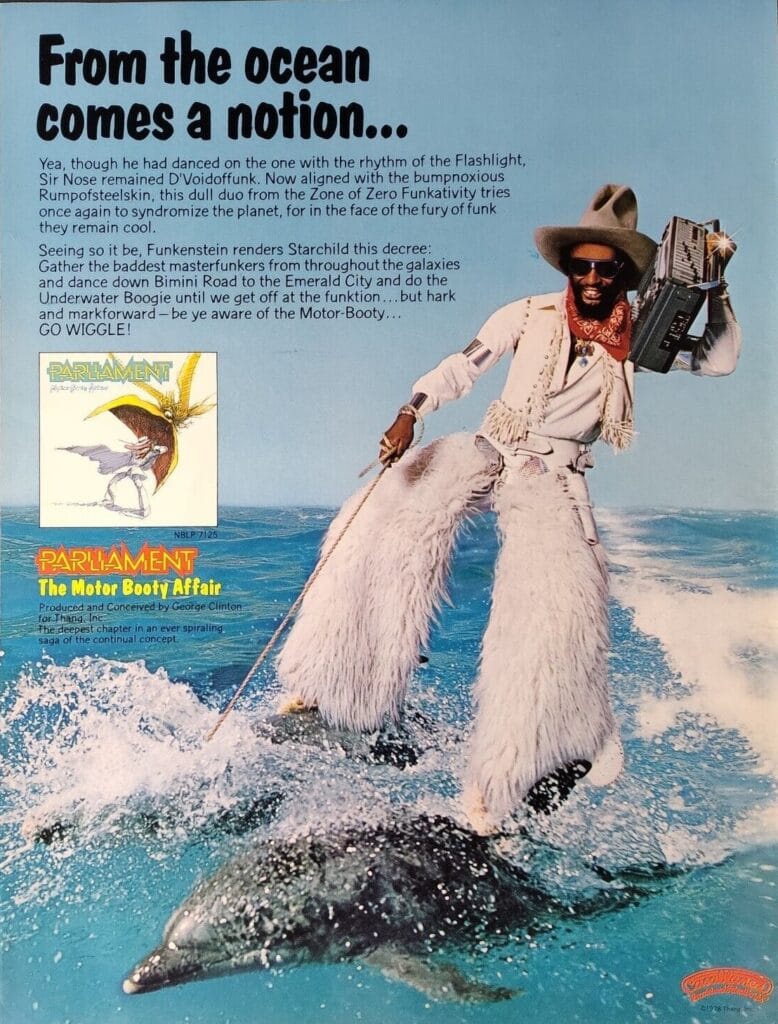
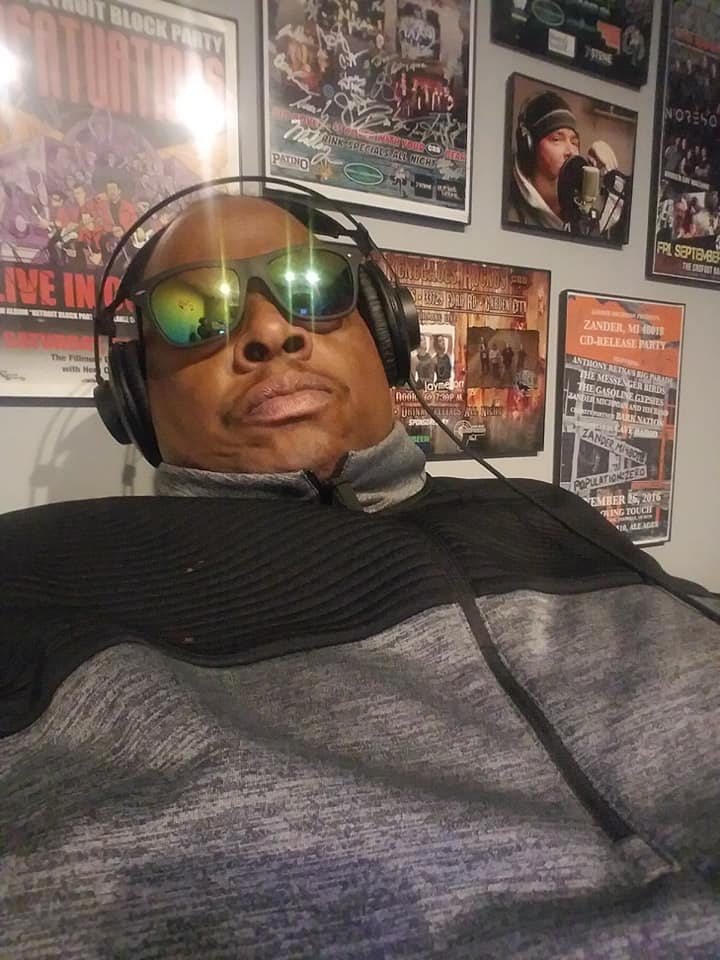







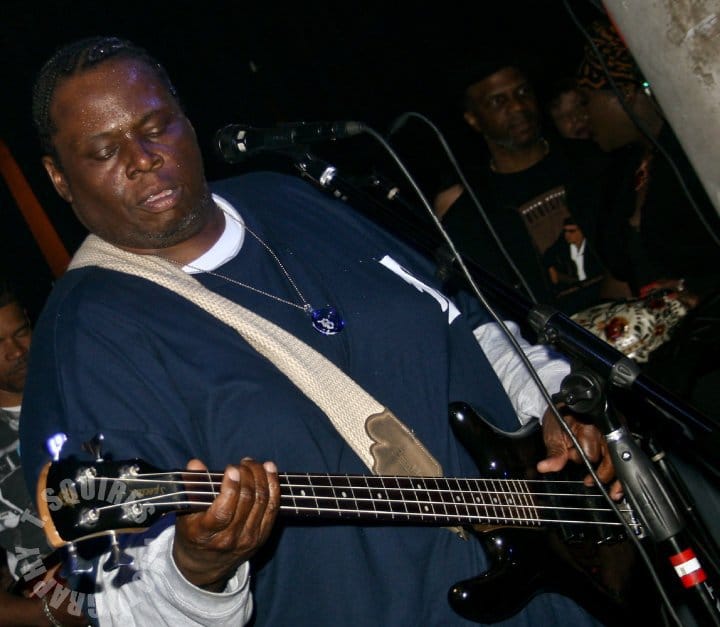
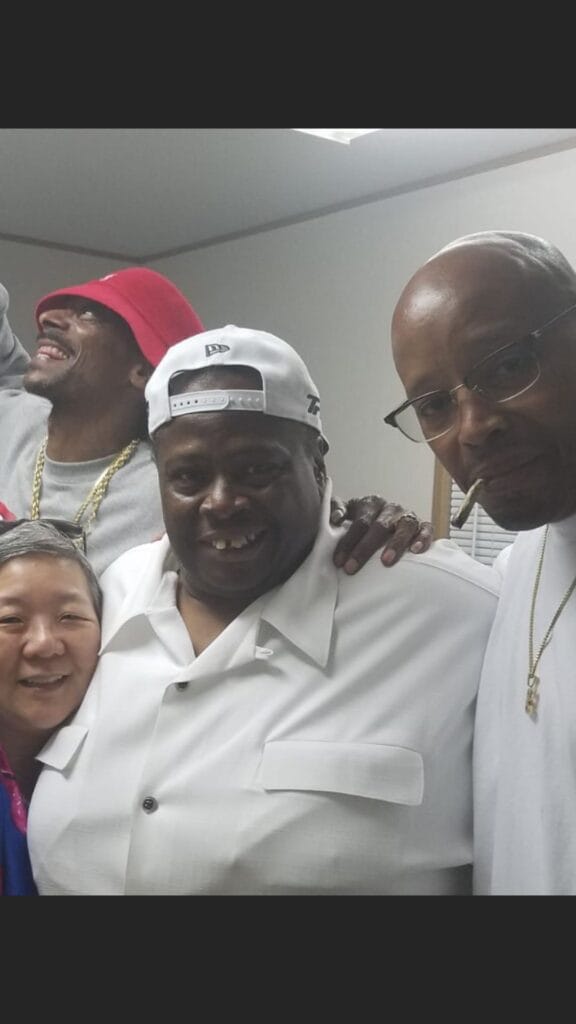

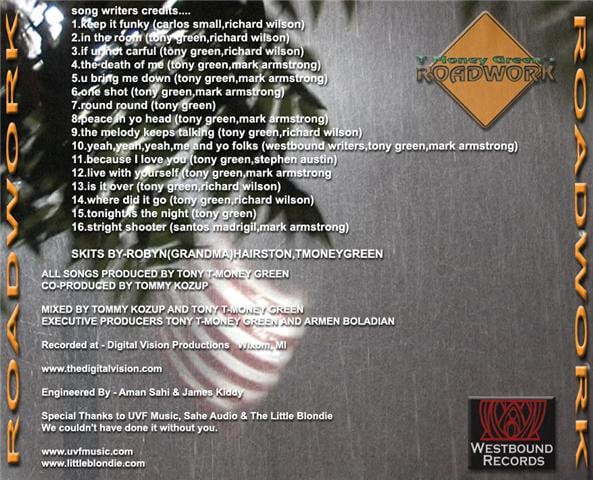




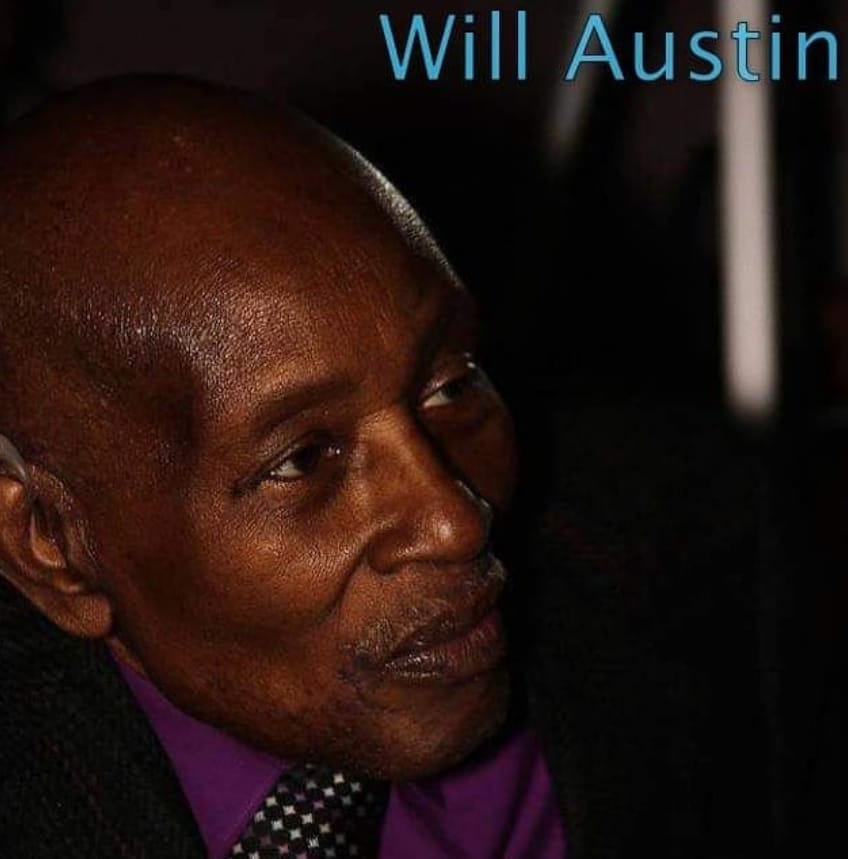


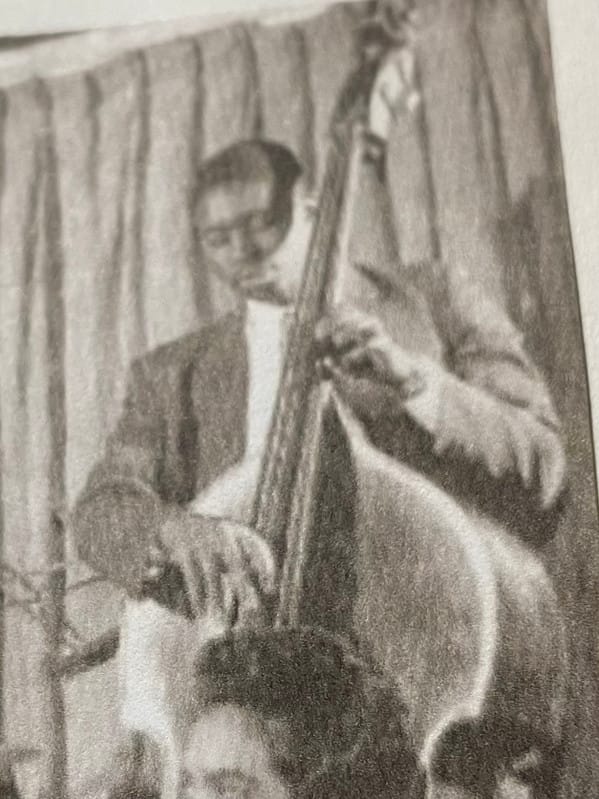
https://www.youtube.com/watch?v=7SvonQJqMH0

